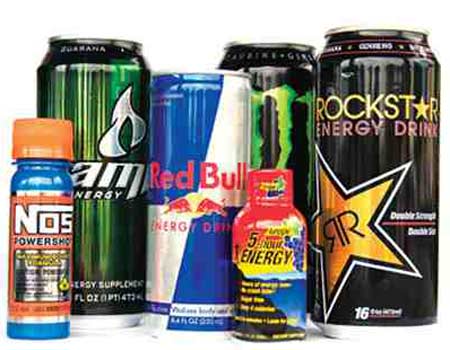Kingston (by SMS)
According to the World Health Organization (WHO), energy drinks may pose danger to public health. In the same vein, the American Academy of Paediatrics cautions parents not to allow their children to consume the product. However, the American Beverage Association stands by the safety of energy drinks, indicating that many of their ingredients are also found in common foods and have been rigorously studied for safety. Most energy drinks typically contain large amounts of caffeine; added sugars; vitamins, such as B vitamins; and legal stimulants, such as guarana, a plant that grows in the Amazon; taurine, an amino acid that’s naturally found in meat and fish; and L-carnitine, a substance in our bodies that helps turn fat into energy. However, the concern in certain medical circles is the likely negative outcome of the combinations of these otherwise safe ingredients in the body. This is why it is believed that for certain groups, such as those under 18, pregnant women, as well as people who are sensitive to caffeine, energy drinks could be potentially dangerous.





